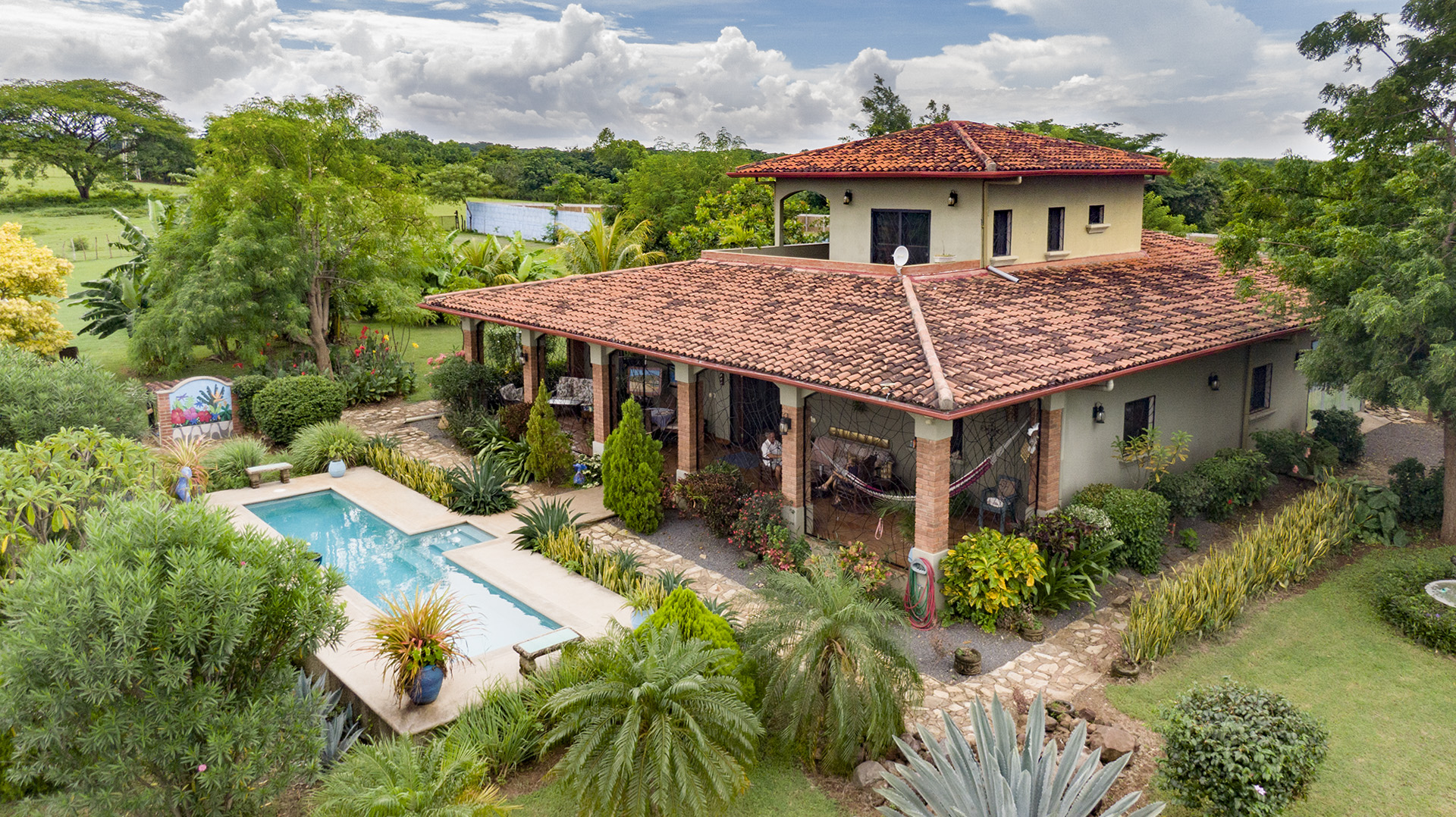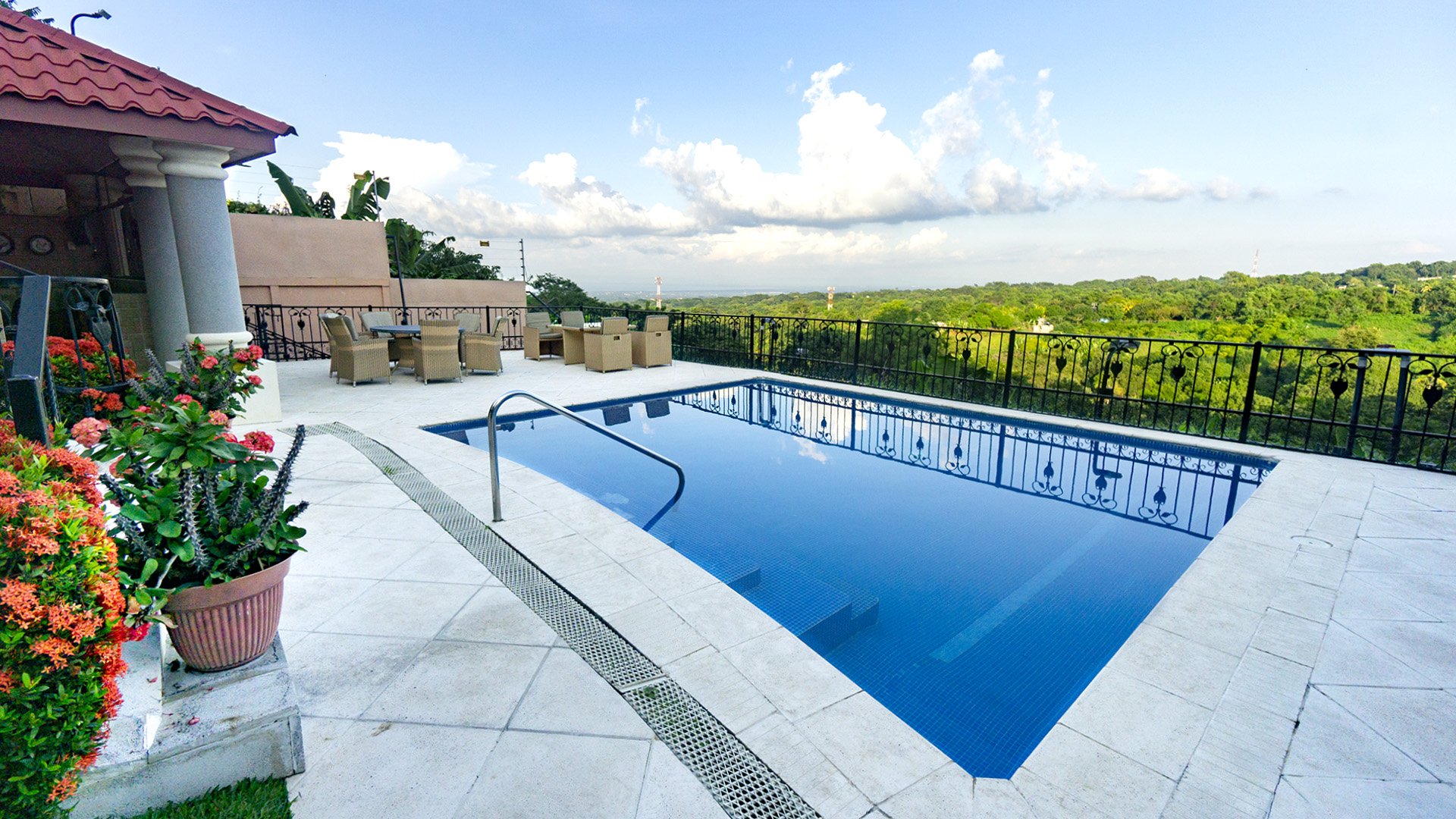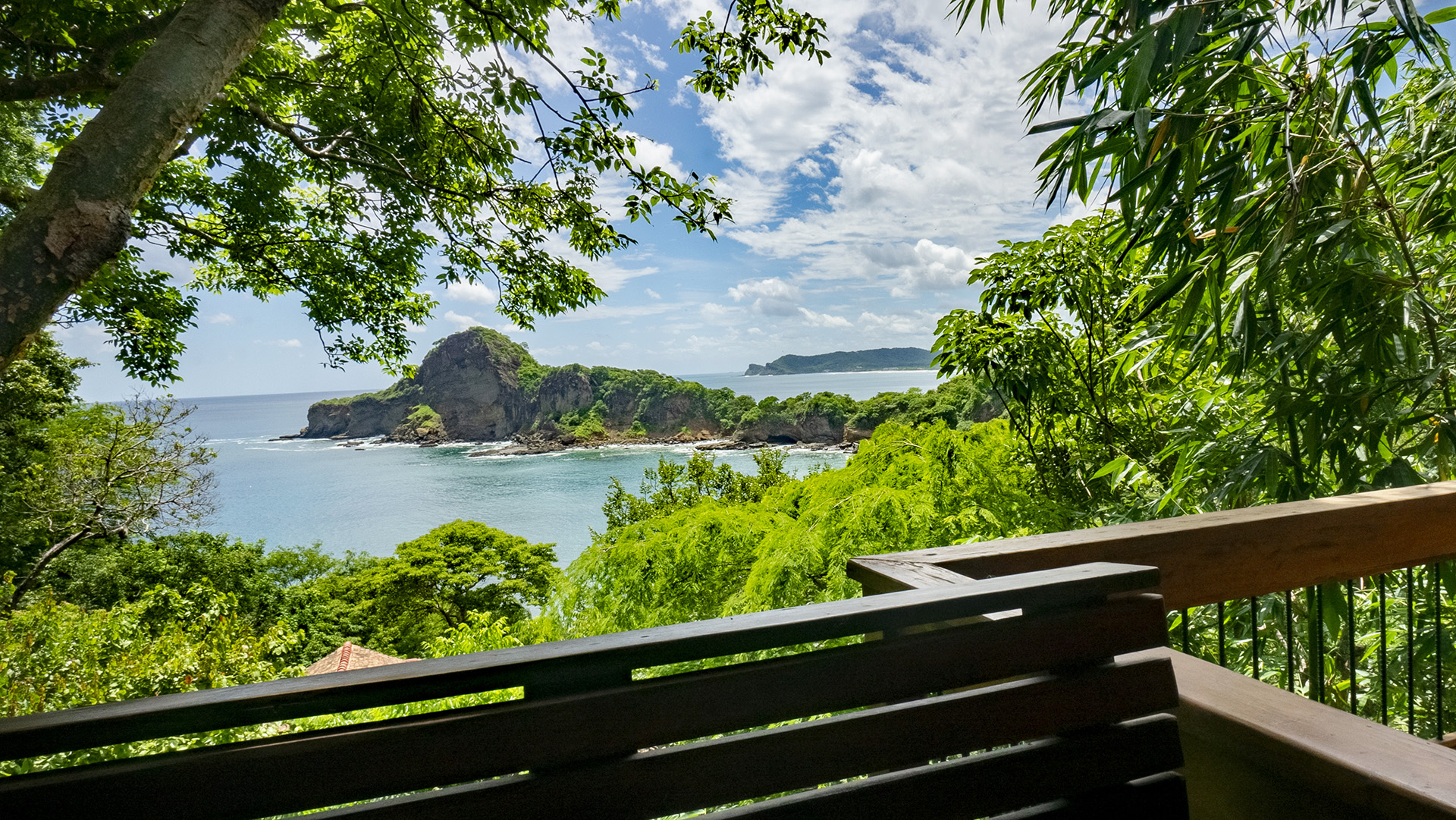NICARAGUA REAL ESTATE
Introducing the Nicaragua Real Estate Market
Nicaragua’s real estate market offers a diverse range of properties in areas like San Juan del Sur and Tola. However, the global macroeconomic environment, impacted by events such as the Russia-Ukraine war, global fiscal and monetary tightening, China’s Covid restrictions and manufacturing slowdown, inflation, and stock and crypto market slumps, has affected the purchasing power of individuals and businesses. Yet, despite these challenges, Nicaragua’s real estate market continues to thrive due to its unique attributes.
In recent years, Nicaragua saw a surge in real estate sales due to emotional purchasing during the COVID-19 pandemic. Many individuals and families chose to relocate to Nicaragua, where restrictions were less severe compared to other countries. However, as the world emerges from the pandemic, this trend of emotionally driven purchases is expected to slow down in 2023.
The real estate markets of San Juan del Sur and Tola are primarily cash markets. Sellers often own their properties outright, and buyers usually make purchases in cash, insulating the market somewhat from global macroeconomic shifts. This cash-based nature of the market leads to less fluctuation in property prices, keeping the market neutral in the current global economic conditions.
Despite these conditions, home demand continues to outpace supply. Home sales reached an all-time high in 2022, depleting the inventory of desirable properties in both Tola and San Juan del Sur. The construction of new homes is not keeping pace with demand, and the most desirable properties are quickly snatched up by eager buyers, leading to a prediction of continued low home inventory in 2023.
The rental market in Nicaragua is also booming, with both short-term and long-term rental demand increasing in 2022. This trend is expected to continue into 2023, making it a lucrative area for investors.
Nicaragua’s real estate market received a boost with the resumption of flights by three airlines: Spirit, American Airlines, and United. This development is expected to increase tourism, which will benefit the local economy, rental market, and attract potential buyers. Positive news coverage has also highlighted Nicaragua as a top destination for tourism, retirement, and full-time living, positioning the country favorably as we enter 2023.
Nicaragua introduced a new Real Estate Brokerage Law (Law No. 1,129)** in September 2022. This law regulates real estate brokerage, protecting both consumers and brokers. It necessitates the obtainment of a “Real Estate Broker License” valid for five years, with a renewal option. The law also establishes administrative fees for the issuance of various titles related to the law.
Costs of Living in Nicaragua
Basic Food Basket*
The average cost of an essential food basket in Nicaragua can vary depending on the region and the specific items included. It’s important to note that prices may have changed since then. In general, the cost of living in Nicaragua is relatively low compared to other countries, especially for groceries.
A basic food basket in Nicaragua typically includes staples like rice, beans, corn, fruits, vegetables, eggs, and some meats. On average, you can expect to spend between $30 and $50 per week for a single person, and around $120 to $200 per month for a family of four. However, these figures can vary depending on individual preferences, dietary needs, and shopping habits.
It’s important to keep in mind that prices can fluctuate over time due to inflation, economic factors, and changes in supply and demand. To get the most accurate and up-to-date information, it’s best to consult local sources or expat forums for insight into current prices in Nicaragua.
Gas & Utilities*
- Gasoline: the average price of gasoline in Nicaragua was around $3.50 to $4.00 per gallon. Prices can vary depending on international oil prices and other factors, so it’s important to check current rates before planning your budget.
- Water: The cost of water depends on usage and location, but the average monthly water bill for a household in Nicaragua ranged from $10 to $30 in 2021. This estimate may vary based on factors such as consumption, service area, and household size.
- Phone bill: The cost of a phone bill in Nicaragua can vary depending on the service provider and plan chosen. For a basic mobile phone plan with voice, text, and data services, the monthly cost could range from $10 to $30. For a landline or home phone, the monthly cost could range from $5 to $15, depending on the service package and usage.
- Internet bill: In general, the monthly cost for residential internet service in Nicaragua ranged from $25 to $100 or more. For basic packages with speeds between 10 Mbps and 50 Mbps, the monthly cost was typically around $25 to $40. For higher speeds, ranging from 50 Mbps to 100 Mbps, the monthly cost was generally between $40 and $100. Internet service in Nicaragua may not be as fast or reliable as in some other countries, and availability can vary depending on the region. In urban areas and popular expat destinations, you are more likely to find a wider range of options and higher speeds than in rural areas.
- Electricity: Residential electricity rates in Nicaragua are tiered based on consumption. In 2021, the rates ranged from approximately $0.10 to $0.30 per kWh, with higher rates applied as consumption increased. The average monthly electricity bill for a household can vary significantly based on factors like location, usage, and energy efficiency, but it was generally in the range of $30 to $100 per month.
House Rentals*
The average cost of house rentals in Nicaragua varies depending on factors such as location, size, and amenities. The following price ranges could be expected for different areas and housing types. Please note that these figures may have changed since then and should be used as a rough guide only.
- Urban areas (e.g., Managua):
- Inexpensive, small apartments or homes: $150-$300 per month
- Mid-range, 2-3 bedroom apartments or homes: $400-$800 per month
- Higher-end, larger apartments or homes with amenities: $900-$2,000+ per month
- Smaller towns and rural areas:
- Inexpensive, small apartments or homes: $100-$250 per month
- Mid-range, 2-3 bedroom apartments or homes: $300-$600 per month
- Higher-end, larger apartments or homes with amenities: $700-$1,500+ per month
- Popular expat destinations (e.g., Granada, San Juan del Sur):
- Inexpensive, small apartments or homes: $200-$400 per month
- Mid-range, 2-3 bedroom apartments or homes: $500-$1,000 per month
- Higher-end, larger apartments or homes with amenities: $1,200-$2,500+ per month.
Real Estate*
Here are some general price ranges for various types of properties in Nicaragua:
- Urban areas (e.g., Managua):
- Inexpensive, small houses or apartments: $40,000 to $70,000
- Mid-range, 2-3 bedroom houses or apartments: $80,000 to $200,000
- Higher-end, larger houses or apartments with amenities: $250,000 to $500,000+
- Smaller towns and rural areas:
- Inexpensive, small houses or apartments: $20,000 to $50,000
- Mid-range, 2-3 bedroom houses or apartments: $60,000 to $150,000
- Higher-end, larger houses or apartments with amenities: $200,000 to $400,000+
- Popular expat destinations (e.g., Granada, San Juan del Sur):
- Inexpensive, small houses or apartments: $50,000 to $100,000
- Mid-range, 2-3 bedroom houses or apartments: $120,000 to $250,000
- Higher-end, larger houses or apartments with amenities: $300,000 to $600,000+
- Urban areas (e.g., Managua):
A bit more about Nicaragua
Location: Central America
I. Geography
A. Area: 130,373 sq km (50,338 sq mi)
B. Climate: Tropical, with two distinct seasons (wet and dry)
C. Landscape: Volcanic mountains, lowlands, coastal plains
II. Demographics
A. Population: Approximately 6.7 million (2021 estimate)
B. Language: Spanish (official), English and indigenous languages
C. Religion: Predominantly Roman Catholic, Protestant minorities
III. Political System
A. Government: Presidential representative democratic republic
B. President: Current information unavailable, last known president – Daniel Ortega (2021)
C. Capital: Managua
IV. Economy
A. GDP: $13.2 billion (2021 estimate)
B. Currency: Nicaraguan Córdoba (NIO)
C. Industries: Agriculture, textiles, mining, tourism
D. Main exports: Coffee, beef, gold, sugar, peanuts
V. History
A. Pre-Columbian period: Indigenous civilizations, such as the Chorotega and Nahua peoples
B. Spanish colonization: 1522-1821
C. Independence: September 15, 1821 (from Spain); later joined the United Provinces of Central America (1823-1838)
D. Political instability: Periods of conflict, including US intervention and the rise of the Somoza dynasty (1936-1979)
E. Sandinista era: 1979-1990, marked by the Nicaraguan Revolution, Contra War, and economic challenges
F. Post-Sandinista period: Return to democracy, with ongoing political and social challenges
VI. Culture
A. Traditional music: Marimba, Palo de Mayo, Güegüense
B. Dance: Folkloric dances, such as El Güegüense and La Gigantona
C. Cuisine: Influenced by Spanish, indigenous, and Creole flavors, featuring corn, rice, beans, and tropical fruits
VII. Tourism
A. Attractions: Colonial cities (Granada, León), natural landmarks (Ometepe Island, Mombacho Volcano), beaches (San Juan del Sur)
B. Ecotourism: National parks, wildlife reserves, and sustainable community-based projects




Considering retirement in Nicaragua? Begin your journey with Carlos Advisor International.
Venturing into the Nicaraguan real estate market requires a steadfast partner, and Carlos Advisor International is a top-tier choice. Esteemed for their reliability, they offer a comprehensive and fluid experience in property acquisition in Nicaragua. From showcasing a variety of properties to suit different investor preferences to conducting meticulous title verifications, they carry clients seamlessly through to the final step of ownership certification.
What sets Carlos Advisor International apart is their dedication to facilitating an effortless property purchasing journey for their clients. Their vast array of listings accommodates the unique needs of each investor, and their readiness to provide guided tours ensures potential buyers find their perfect fit.
An essential facet of property acquisition is property title verification. The team at Carlos Advisor International leaves no stone unturned to ensure the property in question has a clear title, devoid of any encumbrances. This rigorous due diligence affords investors the tranquility of knowing their investments are secure and devoid of potential legal complications.
Carlos Advisor International’s support extends into the negotiation process, ensuring that the new owner receives all requisite documents, including the title deed, thereby solidifying their sole ownership. This end-to-end service streamlines the property purchasing process in Nicaragua, making it transparent and secure for all investors.
In the vibrant and robust Nicaraguan real estate market, a reliable and seasoned partner like Carlos Advisor International is a true asset. They bring not just the expertise required to navigate the real estate terrain, but also the reassurance that every step of the property acquisition process is handled with the highest degree of care and professionalism.
Contact Me Today!
*Disclaimer: Please keep in mind that these figures are estimates, and real estate prices can fluctuate over time due to market conditions, the overall economy, and regional factors. For the most accurate and up-to-date information on real estate costs in Nicaragua, contact us for a free consultation regarding your desired retirement location, vacation property, investment opportunity, or any other type of property tailored to your personal preferences and motivations.
**Please Note: Carlos Advisor International is a trademark registered and regulated by the New Real Estate Brokerage Law. The company operates under high ethical standards and strictly adheres to the laws and regulations of Nicaragua. We offer listings in Nicaragua, Guatemala, Colombia, the Dominican Republic, and certain areas of the United States through a network of partners.
